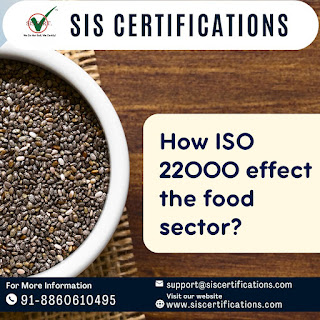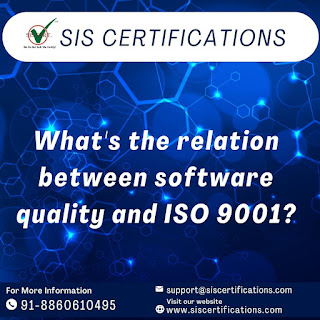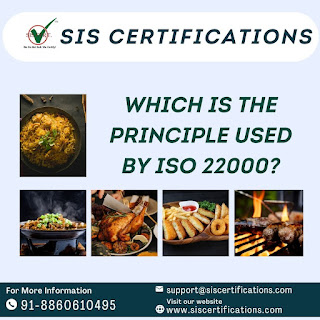Implementing an ISO 22000:2018 Food Safety Management System
Implementing an ISO 22000:2018 Food Safety Management System (FSMS) is a comprehensive process that ensures the safety and quality of food products. ISO 22000 is a globally recognized standard that outlines the requirements for an effective FSMS. Here are the steps to help you implement an ISO 22000:2018 FSMS: Understand the Standard : Familiarize yourself and your team with the ISO 22000:2018 standard and its requirements. Management Commitment : Secure commitment and support from top management for the implementation of the FSMS. Establish a Food Safety Team : Form a cross-functional food safety team responsible for planning and implementing the FSMS. Define the Scope : Clearly define the boundaries and scope of the FSMS, including the products, processes, and services it covers. Conduct a Gap Analysis : Identify the gaps between your current food safety practices and the ISO 22000 requirements . This will serve as a baseline for improvemen




